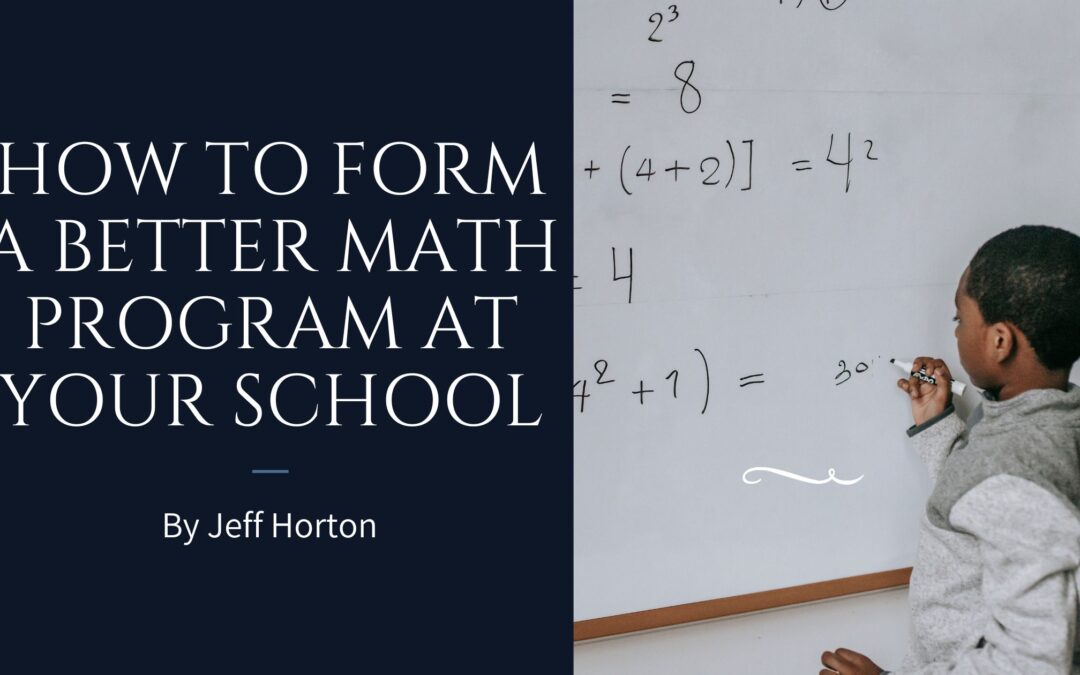Creating a solid and effective math program is essential for nurturing students’ mathematical abilities and fostering a love for the subject. A well-designed math curriculum can empower students to excel in mathematics while instilling critical problem-solving skills.
Cultivate a Strong Math Culture
Creating a solid math culture is the foundation of a successful math program. Encourage a positive attitude towards math by celebrating students’ achievements, recognizing their efforts, and reinforcing that everyone can excel in mathematics. Organize math-related events, such as math competitions, math fairs, and guest speaker sessions, to promote enthusiasm and engagement.
Implement Inquiry-Based Learning
Incorporate inquiry-based learning into the math program to encourage students to explore mathematical concepts through investigation and discovery. Allow students to ask questions, analyze real-world problems, and develop problem-solving strategies. This approach fosters critical thinking and strengthens students’ ability to apply mathematical concepts in various situations.
Personalize Learning
Recognize that students have unique learning styles and abilities. Implement personalized learning strategies to tailor the math program to meet individual needs. Use diagnostic assessments to identify areas of improvement and offer differentiated instruction to challenge advanced learners and support struggling students.
Utilize Technology in Math Instruction
Integrate technology tools and resources into math instruction to enhance learning experiences. Digital platforms, educational apps, and interactive tools can provide engaging math exercises, practice opportunities, and immediate feedback. Utilizing technology boosts student engagement and facilitates data-driven analysis for informed decision-making.
Professional Development for Math Teachers
Invest in continuous professional development for math teachers to stay updated on the latest teaching strategies and research-based approaches. Offer workshops, seminars, and collaborative learning opportunities to help teachers refine their instructional methods and incorporate best practices into the math program.
Foster Cross-Curricular Connections
Demonstrate the relevance of math in various subjects by fostering cross-curricular connections. Showcase how math is used in science, art, technology, and other disciplines. By highlighting the real-world applications of math, students gain a deeper appreciation for the subject and its significance in their everyday lives.
Engage Parents and the Community
Involve parents and the community in the math program to create a supportive learning environment. Organize math workshops for parents to understand the curriculum and strategies used in the classroom. Engaging the community through math-related events and partnerships strengthens students’ enthusiasm for math and reinforces the importance of math education beyond the school walls.
Forming a better math program at your school requires a thoughtful and collaborative approach. Fostering cross-curricular connections and engaging parents and the community enhances the overall learning experience, laying the groundwork for a successful math program that prepares students for academic and real-world achievements.

